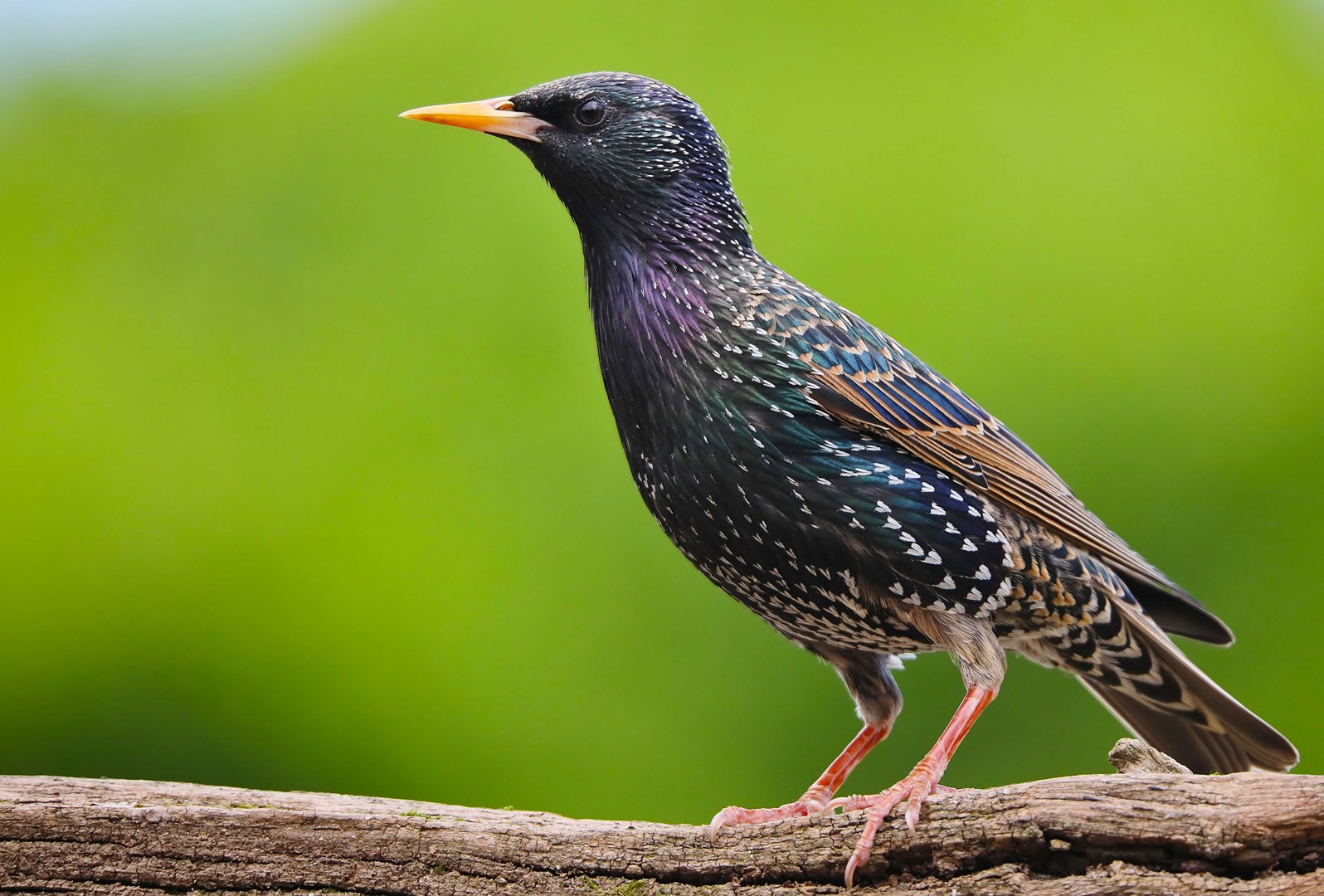RIO DE JANEIRO, BRAZIL – It is the “Sturnus vulgaris” (common starling), a bird not native to the Americas, which can destroy crops and transmit diseases to humans and animals, in addition to being a predator of small species such as beetles, centipedes, butterflies, and crickets.
Brazil, one of the most biodiverse countries on the planet, is facing an invasion of common starlings, a predatory bird species considered a pest, official sources confirmed on Friday, December 17, 2021.
“The first record of the bird in the country, considered invasive, was made in 2014. Currently, its presence is restricted to municipalities bordering Uruguay,” the Brazilian Institute of Environment and Renewable Natural Resources (Ibama) said in a note.

Harmless in appearance, this bird is about 20 centimeters long and has iridescent black plumage, consumes large quantities of insects and other invertebrates, and kills fruit crops, especially grapes, peaches, currants, tomatoes, and olives.
They are also known to dig up newly sown or germinate crops and transmitters of diseases such as gastroenteritis and salmonella in humans (the latter also in birds and livestock) and paratuberculosis (to cattle).
According to local media, the presence of these birds has been registered in rural areas of at least five municipalities of Rio Grande do Sul, a state bordering Uruguay.
Ibama explained that the invasion of these birds is a process that is at an early stage, so experts are gathering information related to the biology and expansion of the species in the country and working in coordination with other agencies to adopt the appropriate measures.
The fight against biological invasions is one of the primary measures to protect the native biodiversity of the South American giant, and, according to Ibama, it is a commitment assumed by Brazil after ratifying the Convention on Biological Diversity (CBD).

